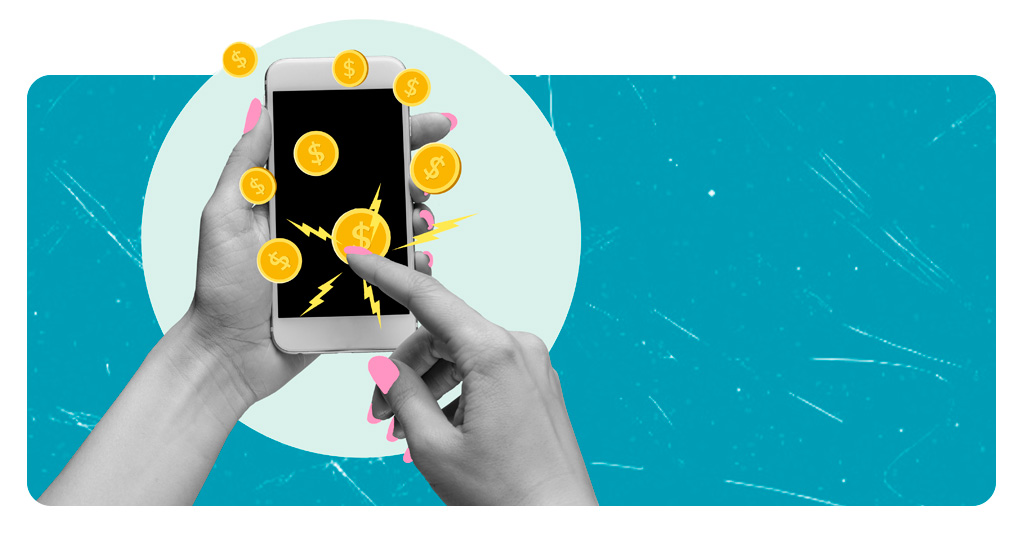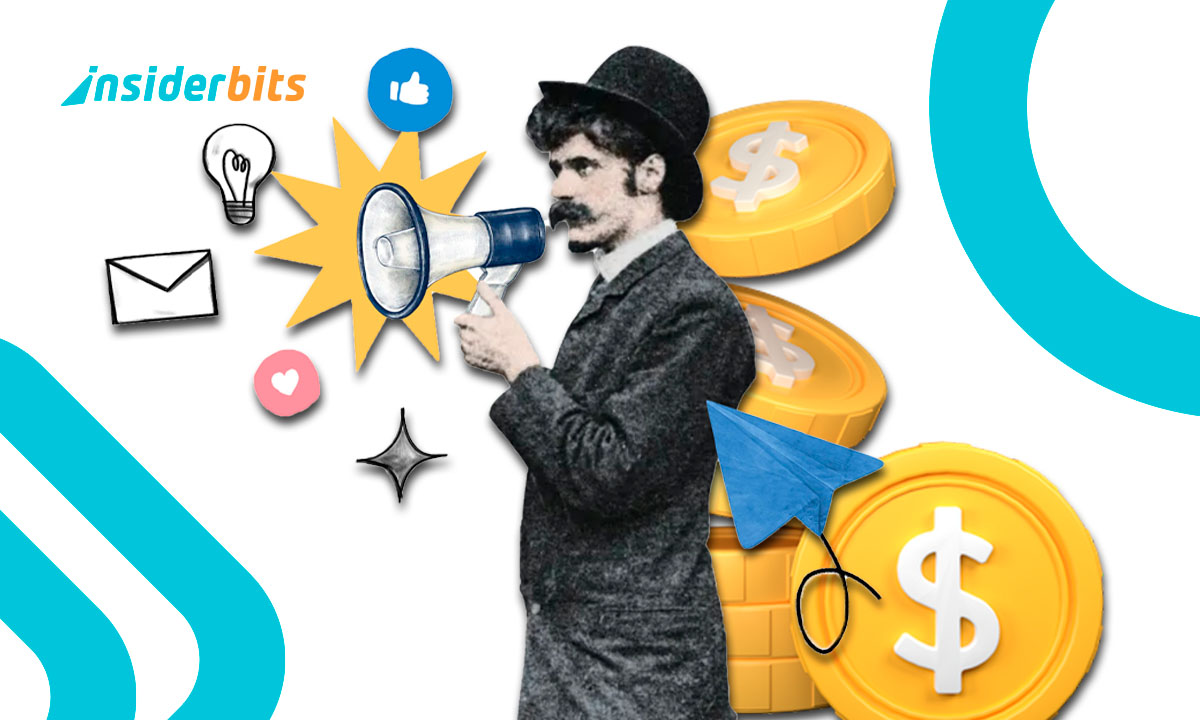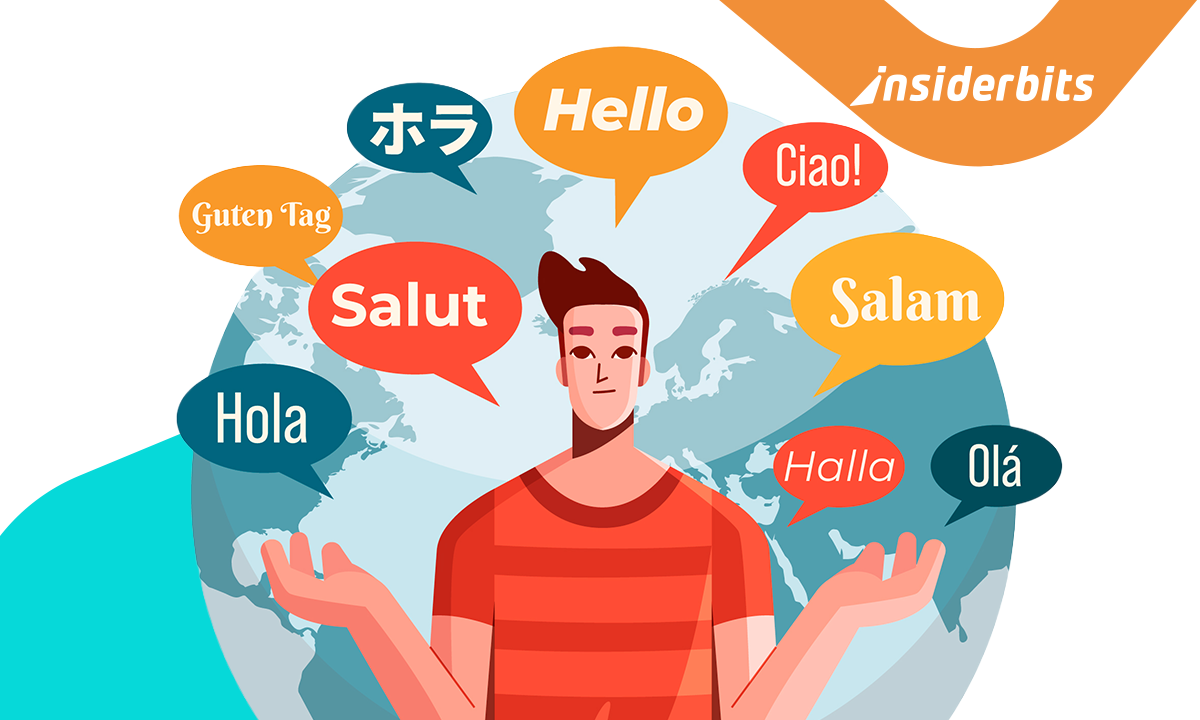The attention economy defines a digital era in which every moment of your focus becomes a source of revenue for tech platforms.
In this model, your clicks are no longer neutral, they’re the product being sold behind every screen.
Understanding how this system works is the first step toward breaking its grip on your time and mental clarity.
- Fandom Economy: How Fans Are Earning Millions
- Hidden Local Economy Opportunities in 2025
- Navigating the Freelance Economy: Best Gig Apps for Freelancers in 2025
The Attention Economy: How Tech Giants Profit from Distraction
Tech companies design platforms with psychological hooks that reward repetition and emotional highs to keep users scrolling. Features like autoplay are deliberately crafted to extend screen time far beyond intention.
Each second of attention is analyzed and sold, turning distraction into the core engine of digital business.
This creates an economy not based on value, but on the volume of time users are willing to give away without noticing.
While users believe they are in control, algorithms operate silently to serve content that maximizes engagement above all else.
This strategy turns entertainment into tools for behavioral prediction and monetization.
Consequently, the longer someone remains immersed, the more valuable they become to advertisers who purchase access to micro-moments of attention.
What appears as convenience is often an engineered loop designed to reward platforms, not the individual.

Your Time Is the Product: How Apps Compete for Your Focus
Every app on your phone competes in the attention economy, using visual triggers and behavioral cues to claim your next swipe.
In this way, algorithms are optimized not to inform or entertain, but to keep you engaged through personalized content cycles.
Notifications exploit dopamine responses, creating an internal urgency that overrides intention and pulls users back into the app.
These features are not accidental, they’re based on behavioral psychology used to predict and influence habits.
By turning attention into data, platforms build user profiles that anticipate emotional states and tailor feeds to reinforce patterns.
What starts as curiosity often becomes compulsion, especially when feedback loops exploit vulnerability and fatigue.
Time once reserved for rest or offline connection is fragmented into micro-interactions with endless scrolls.
In this system, your focus is no longer yours, since it’s harvested in real time to sustain an attention-based marketplace.
Escaping the Trap: Tools to Reclaim Your Digital Autonomy
Escaping the attention economy requires more than turning off notifications, it calls for rethinking how we relate to technology.
Firstly, you need to know, regaining control means replacing passive habits with intentional tools and routines that interrupt cycles of distraction.
It begins with awareness: recognizing how platforms capture attention weakens their influence over behavior.
Digital autonomy starts when you choose to engage with purpose, not instinct.
Some tools, like the apps listed in this article, shift power back to the user, offering more control over when and how they engage.
Instead of eliminating tech, they reshape it into something that protects attention rather than exploiting it.
Offline practices are just as important for restoring clarity and rebuilding attention span.
Mindfulness reduces overstimulation and promotes healthier mental rhythms.
These small changes create space for focus and allow more deliberate, present interactions. The aim isn’t to reject tech; it’s to stop letting it set the pace of your mind.
Overall, the attention economy weakens when users choose presence over passive scrolling. Reclaiming control begins with a simple pause, and the decision not to give your time away.
How the Attention Economy Is Affecting Mental Health
Constant connectivity has led to a surge in mental exhaustion, with users experiencing digital fatigue. This is because multitasking becomes the norm and silence feels uncomfortable or unproductive.
Many users report increased anxiety and emotional numbness linked to prolonged screen exposure.
These symptoms mirror the effects of behavioral addiction and show how digital habits can erode well-being over time.
App usage patterns now resemble slot machine mechanics, offering variable rewards that reinforce continued engagement.
This mechanism affects the brain’s reward system, making it harder to focus or feel satisfaction in simple offline moments.
Over time, dopamine imbalance and cognitive strain contribute to burnout and reduced motivation in other areas of life.
What feels like entertainment may actually be draining emotional bandwidth and attention reserves without offering true value in return.
From Doomscrolling to Mindfulness: A New Approach
Escaping the attention economy requires conscious shifts in habits and tools that promote intentional use over passive consumption.
You can find some Mindfulness apps on this Insiderbits article that help reduce distractions and restore control over daily digital rhythms.
Also, practices like turning off notifications and limiting app access create space for mental recovery. Reclaiming attention doesn’t mean disconnecting from technology, but redefining how it’s used to serve rather than control.
Others offer focus modes or digital detox features that temporarily disable engagement tools during work or rest periods.
In summary, digital well-being becomes more attainable when platforms respect attention as a finite resource, not just a metric.
Nowadays, users are beginning to shape an economy that values real connection over clicks.
The Attention Economy: How Big Tech Monetizes Your Focus – Conclusion
In the attention economy, the most valuable asset isn’t your data, it’s your ability to stay engaged without noticing you’ve surrendered control.
Reclaiming attention is less about fighting technology and more about redefining your role in the system it creates.
By treating your time as something worth protecting, you begin to shift the balance, one conscious click at a time.
Related: Organize Your Thoughts: The Best Mind Mapping Tools of 2025
Enjoyed this article? Save the Insiderbits blog to your favorites for more digital insights, productivity tips, and tech ethics updates!





